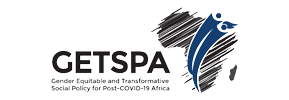Kenya, Rwanda, Tanzania, Uganda
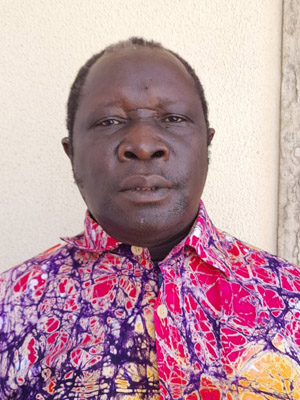
Professor Julius Omona is an Associate Professor at the Department of Social Work and Social Administration, Makerere University, Uganda. Through International and local grants, he has extensively researched and published in the areas of civil society, post-conflict vulnerability and gender. His specialty is social policy analysis where he has been teaching course units at both graduate and undergraduate levels. He has also supervised dissertations and theses on numerous topics linked to social policies and gender. Most research he has been engaged in involves methodological components dealing with policy analysis. The outputs of his research have been in the form of reports, journal articles, and policy briefs. He obtained a bachelor’s degree in Social Work and Social Administration from Makerere University in 1987, a master’s degree in Development Studies (Public Policy and Management) from the Institute of Social Studies, The Netherlands (1999) and a doctorate in Public Policy and Management from Victoria University, Wellington, New Zealand, in 2004. omonaju@chuss.mak.ac.ug
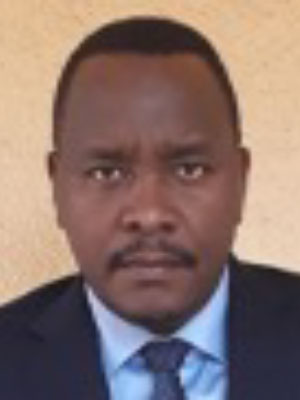
Charles Rutikanga is a lecturer at the Department of Social Sciences, University of Rwanda (UR). He has worked as a lecturer, researcher consultant, fieldwork and research supervisor since 2009 and is currently concluding his PhD studies in development studies at the University of Vienna, Austria. He obtained his Master of Social Work and Social Administration from Uganda Christian University and a Bachelor’s degree from the University of Rwanda. Previously, he worked with Health Unlimited Rwanda, working with youth and women of reproductive age of rural Rwanda. His research interests include social work, childhood and child protection as well as social policy and social development and indigenous social work practice. He has co-authored two books: The role of social work in poverty reduction and the realisation of millennium development goals in Rwanda; and Social work practice in Rwanda: indigenous and innovative models of problem-solving. Also, he co-authored three chapters in Professional social work in East Africa: towards social development, poverty reduction and gender equality and wrote one independent chapter in Social work practice in Africa: indigenous and innovative approaches. c.rutikanga@ur.ac.rw; rutix2020@yahoo.co.in; rutix2020@gmail.com
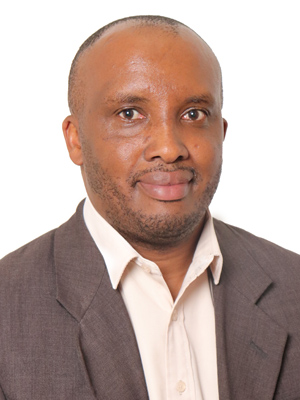
Dr. Samuel Munanu Mwangi is a lecturer at the Department of Sociology, Gender and Development Studies, Kenyatta University, Nairobi, Kenya. He has published work on retirement/income security, palliative care, gerontology education, intergenerational relations, social support systems for rural elders and positive socioeconomic impacts of rural industrial parks. His articles have appeared on: Gerontology & Geriatrics Education, International Journal of Research and Education, PLOS ONE Medicine, Innovation in Aging, and IOSR Journal of Humanities and Social Science. He has been a reviewer for the following journals: Journal of Aging and Health, Research on Aging, The Gerontologist, and Gerontology & Geriatrics Education, and Journal of Gerontology: Social Sciences. He is a founding member of the Kenya Association of Gerontology and Geriatrics (KAGG), and a member of the Gerontological Society of America (GSA), and Africa Research on Ageing Network (AFRAN). He holds a Master of Arts degree in Gerontology from Wichita State University, Kansas, and a PhD in Social Gerontology from Miami University of Ohio in the USA. mwangi.samuel@ku.ac.ke
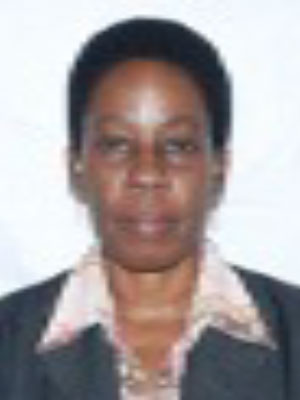
Dr. Rose Mwaipopo is a Senior Lecturer at the Department of Sociology and Anthropology, College of Social Sciences, University of Dar es Salaam. Her major research areas and consultancies are on gender and women’s issues, children and adolescents, poverty and vulnerability, and, communities and resource use and management (especially in the areas of small-scale fisheries and artisanal/small-scale mining). She has written and published on the subjects of women and access to land resources, women and agency, women and the impact of COVID-19, gender-based violence, and violence against women and children, poverty and vulnerability, small-scale fisheries and changing marine environments; local communities and engagement in artisanal and small-scale mining. She is also engaged in several platforms for gender and women’s empowerment, including, the Gender Awareness and Transformation through Education (GATE) project of Dar es Salaam University College of Education (DUCE), and the Rights for Domestic Workers project with the Community of Volunteers for the World and AIDS Partnership for Africa (CVM-APA), Tanzania. She holds a PhD in Social Anthropology. salwengele@gmail.com
